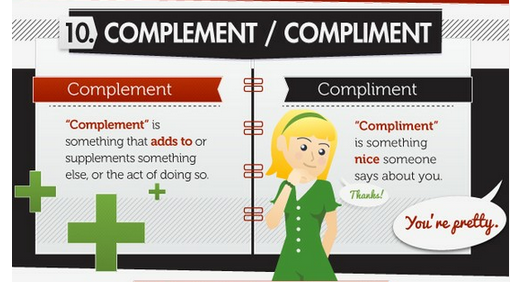
If you aren’t following Mark Ragan (@MarkRaganCEO) on Twitter, you’re missing out. In addition to posting about the ever-changing landscape of Public Relations, he often posts quick grammar hit, like this one on the colon and semicolon.
Colons can be used for emphasis, to set off a list, indicate dialogue, introduce quotations and in a Question and Answer section. Semicolons indicate separation of thought and can be used to clarify a series, such as the first example in the above article. Additionally, the semicolon can replace a conjunction (and, but, or, etc.).
The truth is grammar is meant to be simple, it’s often over-thinking that creates the complications.
As my trusty, AP Stylebook states, “There is no alternative to correct punctuation.” Sometimes it is just better to recast the sentence than to try to fix it.



